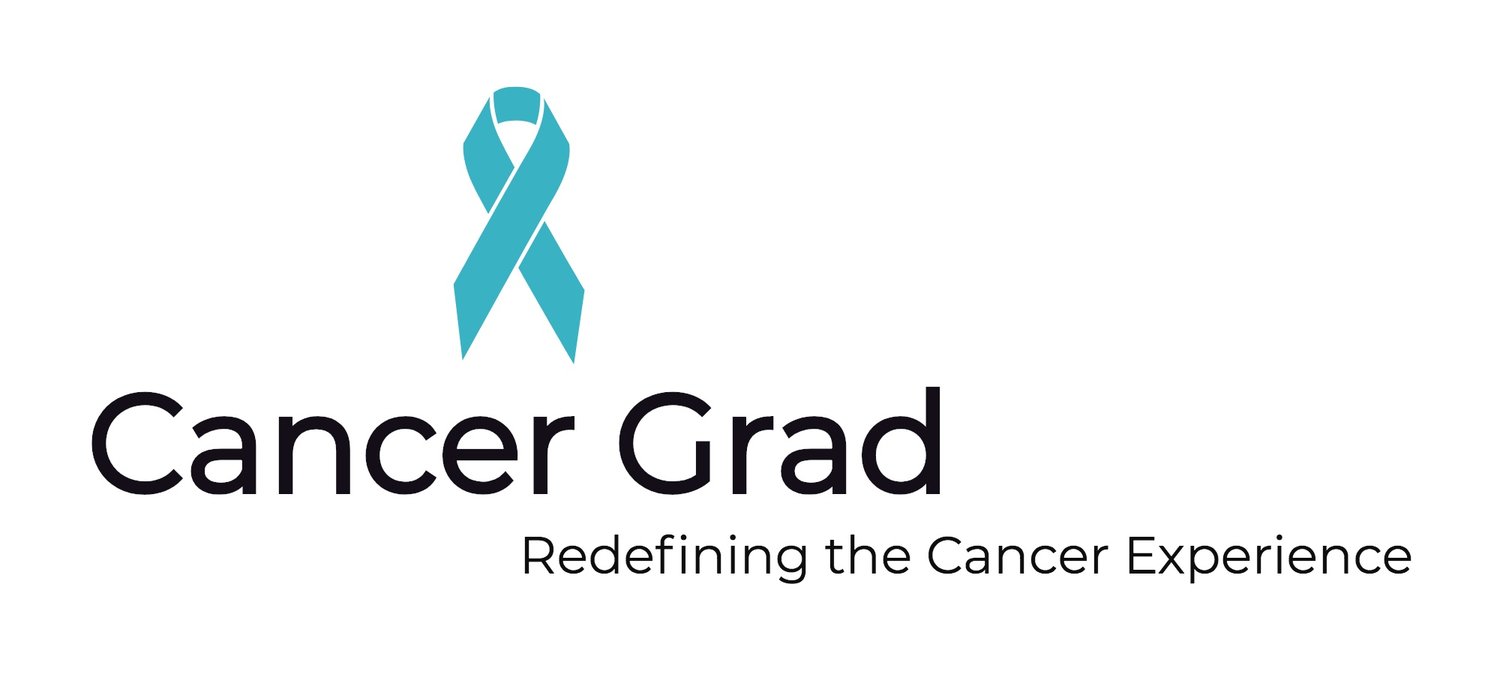Breast Cancer Grad- Jaci
“My advice is to stay positive, going in with a good attitude makes things easier. I would also say make sure you love your medical team, you will be spending a lot of time with them and liking and trusting them make things easier.”
Name: Jaci Mudd
Age at Enrollment: 38
Major: Invasive ductal carcinoma ER/PR Positive Stage 1A
What were the primary symptoms you experienced prior to diagnosis?
None
What symptom(s) lead you to go to the doctor?
Found a large hard lump near the nipple
Courses completed:
Double mastectomy, chemo, reconstruction, full hysterectomy. Started tamoxifen and I am now on arimidex. I was switched to Arimidex after I had the hysterectomy. At first I was told I would be on these meds for five years but at my five year mark they said I still had a high risk of reoccurrence so I will be on Arimidex for at least another 5 years.
How did you respond when you heard the words “You have cancer”?
I was told over the phone at work and at first it didn’t really register. I said ok thank you for calling with the results. I hung up and got on a conference call, a few minutes into the call it registered what they said, so of course I didn’t listen to the rest of that call. I left the office right after that call, in shock.
What has been your hardest moment(s) since your diagnosis? How have you moved forward through them? One of the hardest was when I realized that I wouldn’t be able to have children.
What has been your biggest accomplishment since your diagnosis?
I feel like I have become a much stronger and open person. I want people to know what I went through so that if God forbid they or someone they know go through the same thing I want them to know they can talk to me.
What do you believe are the unmet needs of young adult patients within the cancer community?
I don’t feel there are many resources and support for young cancer patients.
What advice would you give to someone who is newly diagnosed?
My advice is to stay positive, going in with a good attitude makes things easier. I would also say make sure you love your medical team, you will be spending a lot of time with them and liking and trusting them make things easier. Lean in to all the support of your friends and family, for me that was hard to do as I am pretty independent, but you need that help, take it.
What advice would you give to caregivers?
Stay positive, be helpful (start a meal train, get people to send cards in the mail it’s nice to get something besides medical bills in the mail) listen to the person with going through treatment, they will help tell you what they need.
How did your family and friends respond?
I was so blessed with the way my friends and family responded, they jumped in to get so much arranged to help me through everything. I had a food train set up and people to stay at my house after surgery to help me with anything I needed. People jumped in to help drive me to appointments because after my surgery I couldn’t drive for a while. Still thinking about the support I had (and still have) brings tears to my eyes.
When you feel overwhelmed or anxious, what do you do for relief?
I work out, even if that is just a walk, it really helps me.
Do you have any new daily/weekly routines since your diagnosis?
I work out daily .
If so, what are they? How have they improved your quality of life?
It helps clear my mind and gives me a little more energy.
What did you know about the type of cancer that you were diagnosed with prior to your diagnosis?
I knew breast cancer was out there but really thought only people much older could get it. I mean at 38 you don’t even get mammograms yet. I had no idea there were different types and what a diagnosis really entailed.
What do you now want people to be aware of?
Do your monthly self-breast exams. I had my yearly checkup 6 months prior to when I found the lump, that is how fast my tumor grew.







